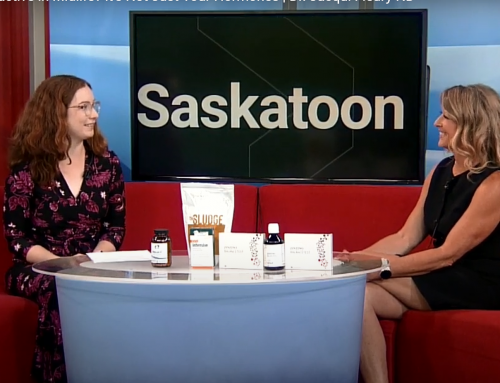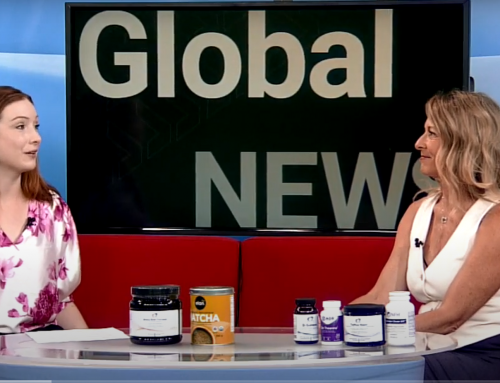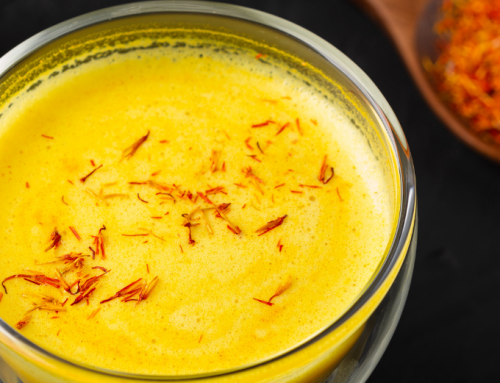Unleashing the Strength of Protein Powders
Why Do We Need Protein in Our Diets?
Consuming enough protein is a necessity for the following purposes:
- Building new cells
- Repairing old ones
- Adding lean muscle mass
- Helping control blood sugar levels
Check out this latest Healthy Living segment or keep reading below for Dr. Fleury’s tips for choosing a protein powder.
How Much Protein is Enough?
The average 150-pound person needs about 55 grams per day, which is the equivalent of 2 eggs, a chicken breast and a cup of chickpeas a day (or some other variation of this combo).
If you are body-building or more physically active, this amount might be higher, and although it’s possible to reach these higher recommendations through diet alone, it can be challenging for vegetarians and vegans, because meat, poultry, fish, and dairy are some of the best food sources of protein.
Why is Animal Protein Better? Or is it….
Unlike many plant proteins, animal proteins contain the nine essential amino acids the body cannot produce itself.
What Ingredients are Best?
Ideally, the label should contain the protein source, a flavour and a clean sweetener (stevia or monk fruit).
What to Avoid:
- Artificial flavours and colours
- Emulsifiers (which means your smoothie might clump)
- Thickeners (these make a nice thick shake but can upset your gut and promote inflammation)
- Seed and vegetable oils that make the texture smoother but cause inflammation
Types of Animal Protein:
Whey – The liquid produced when you add enzymes to milk to form cheese (hydrolysate is the purest form of whey, because it is almost 100 percent protein with little carbs or fat)
Casein – The solid part left over when you separate the whey – it is slower to digest
Beef – A beef-based protein powder is a good option for those looking for alternatives to dairy and soy
Egg powder – Also a complete protein and high in leucine, which is an amino acid needed for muscle synthesis
Types of Plant-Based Protein:
Soy – Complete and often easy to digest
Hemp – Complete protein that is also high in fiber and essential fatty acids
Pea – Added to rice and quinoa to increase the protein profile
Rice and Quinoa
What’s all the Buzz about Collagen Protein?
Look below to quickly see the benefits and unique uses of whey and collagen protein. Bottom line, whey is best for muscle, while collagen is best for hair, skin nails, bones, ligaments and tendons. (You can find my favourite collagen powder here.)
| Whey | Collagen | |
|---|---|---|
| Source | Derived from milk | Derived from animal |
| Protein Content | High | Moderate |
| Amino Acid Profile | Complete | Limited |
| Muscle Building | Supports muscle growth | Less effective for muscle growth, but beneficial for joint and skin health |
| Digestibility | Easily digested and absorbed | Easily digested and absorbed |
| Benefits | Muscle recovery, strength, and performance enhancement | Joint health, skin elasticity, and hair and nail health |
| Common Use | Sports nutrition and muscle building | Joint health supplements and beauty products |
| Allergenic Potential | May cause lactose intolerance or milk allergies in some individuals | Generally well-tolerated, but potential for allergic reactions in rare cases |
| Taste and Texture | Often available in various flavours, mixes well | Flavourless, can be added to various foods and beverages |
3 Key Takeaways:
Protein powder can be a quick and convenient way to increase the protein with a meal or as a meal replacement. However, keep these three tips in mind:
Written by Dr. Jacqui Fleury, ND





